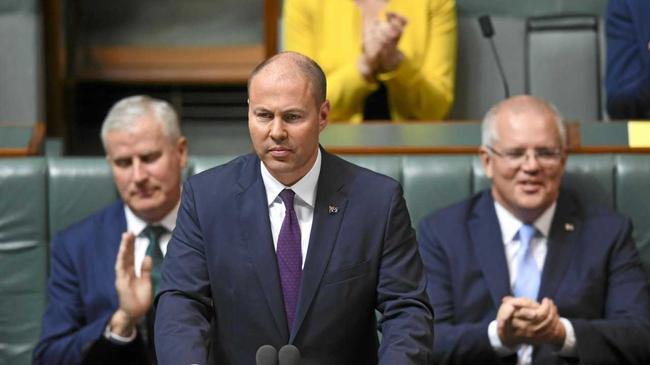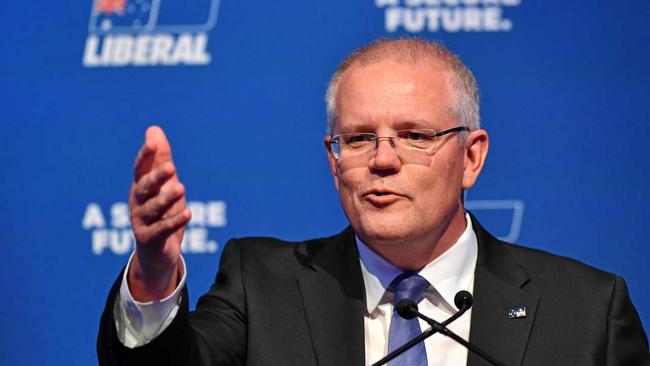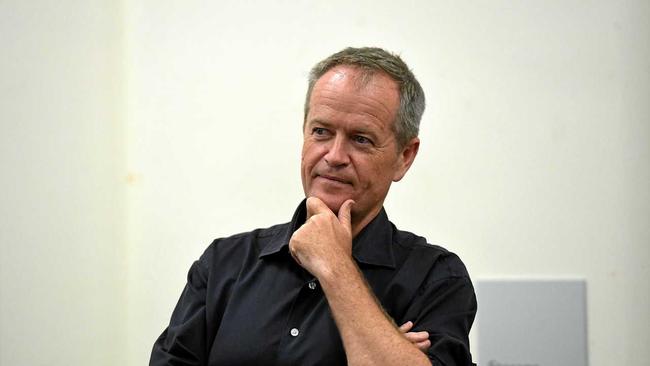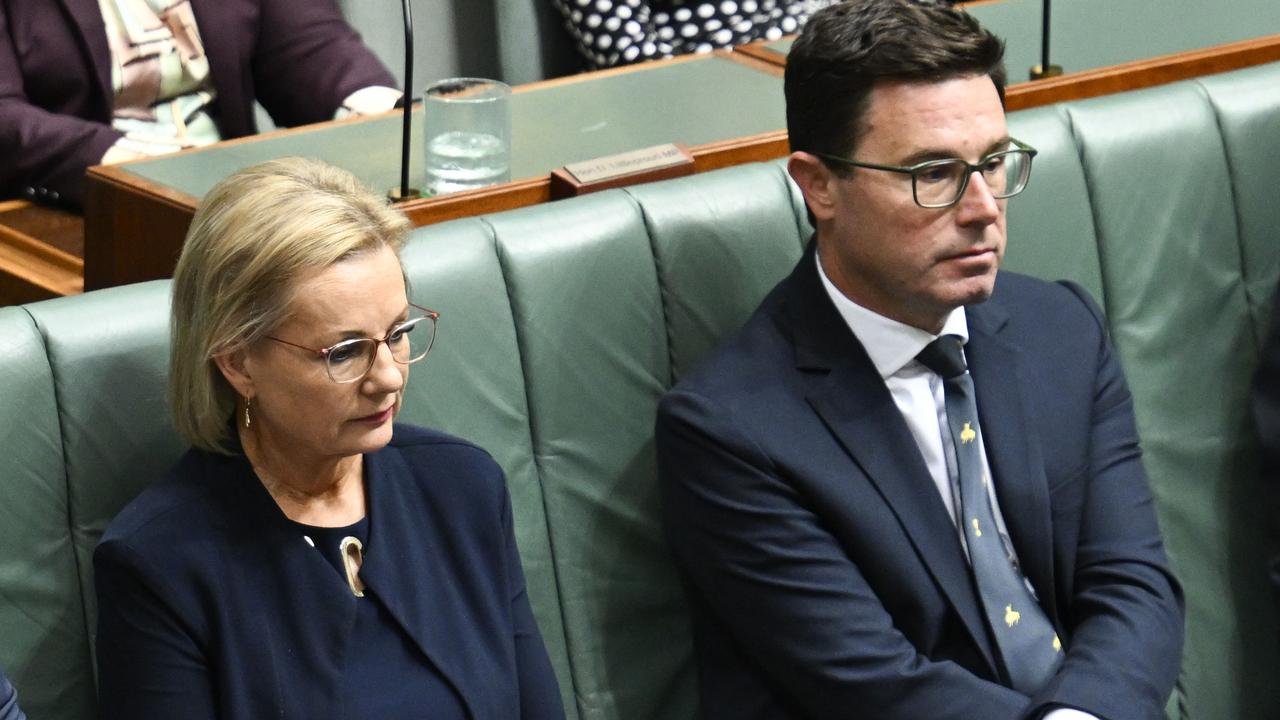Promises but no certainty in 2019/20 Federal Budget
Will the Federal Budget be enough for Australia's voters to forgive the Coalition for the internal warfare that has been going on within its ranks?

Opinion
Don't miss out on the headlines from Opinion. Followed categories will be added to My News.
IN ABOUT 15 months, the Federal Budget is projected to be back to black with further surpluses projected up to and including the 2022/23 financial year.
After 12 years of consecutive budget deficits (some of which were supposed to have been surpluses) and some sectors of the community perhaps bearing more than their fair share of the burden along the way to fiscal rehab, this news should ordinarily guarantee the re-election of an incumbent government.
But these are not ordinary times.
The Budget bears all the hallmarks of an election year budget but without having the appearance of a government desperate to hold on to office.
We go back to the final budget of the Howard era to find the last time a Coalition government threw fiscal competency out the window in order to try to stave off the inevitable.

We got no sense of that with what could be either Josh Frydenberg's last Budget as much as it is his first.
It's financially responsible, addresses many crucial funding priorities but without irresponsibly showering voters with gifts. Of course, it's dependent on the Coalition being returned in May and on any Labor government not dismantling it in order to bring forth their own agenda.
And of course, the anticipated Budget surpluses aren't entirely in the hands of either future government to deliver as promised. There are factors that will be completely out of any government's ability to control, such as: the uncertainty of a disastrous Brexit on world markets and a meltdown in the tenuous trade situation between Trump's White House and China. Natural disasters (and possibly a ramp up in their frequency) are also a factor which cannot be effectively planned against.
The Morrison-Frydenberg budget goes someway to providing a fair distribution of funding to necessary areas, like aged and disability services. However, one cannot disregard the underspending that has occurred, particularly with regard to the NDIS. For some people to have to wait two years for wheelchair upgrades is something which defies any justification.
The announcement that approximately half a billion dollars will be allocated to a royal commission into the abuse of the disabled is, sadly, welcome news. It's a sad news story because it is necessary.
While to be congratulated for finally agreeing to hold this royal commission, it comes at the same time as the Immigration Department is set to deport a family originally from Bhutan. Not because they pose a security threat but because one of their children is deaf.
In the 21st Century, must we still battle a Victorian idea that the disabled equate to being a burden? Deafness does not mean someone cannot make a meaningful contribution to society. Possibly an even more worthwhile contribution than some currently sitting in Parliament.

Like all federal budgets, no government will be able to keep every sector happy. But surely, when the Newstart rate hasn't changed in more than two decades, the unemployed deserve better than being treated as an afterthought, with the post-budget inclusion of Newstart recipients to those eligible for the one-off electricity supplement. Why successive governments of both colours continue to punish the unemployed is a question they both need to stop avoiding to answer.
No one would argue Newstart should be so high as to be a discouragement from finding work. But for some especially those who many employers regard as being too old to take on they are stuck in a poverty trap. They are too old to employ regardless of how many re-training programs they might participate in and too young for the pension - itself hardly a guarantee to a comfortable lifestyle...especially if Labor proceeds with their attack on the investments of our retired folk.
The plan to fund infrastructure projects to the tune of $100 billion is, on the surface, a move in the right direction for regional Australia, for too long starved of investment in that area.
And the fact that it's been too long suggests that $100b stretched out over the next decade isn't possibly going to go that far on a landmass this big.
Unless, of course, this Commonwealth investment is also dependent on shared funding by the states. Given the petty-minded politicking that constantly goes on between Queensland Labor and Canberra, regional Queensland perhaps should not be holding our collective breaths on this one.
And if outside economic problems mean that any of the projected surpluses don't actually happen, the money for this project might not even be there.
If we are to take this Budget at face value, it would ordinarily be enough for the current government to be re-elected; knowing some of the unpalatable alternatives Labor has come up with so far.
It must have been no mean feat to deliver a budget like this, with projected surpluses amid the internal warfare that has been going on within the Coalition this past six years.
Whether or not this Budget is therefore enough for Australia's voters to forgive them for the other stuff is yet to be resolved.


